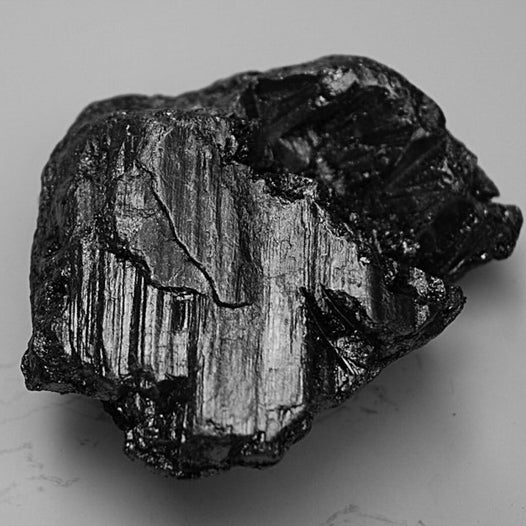
What is the best steel for a knife ?
Introduction In the knife making the steel represents the soul of the knife, which is determined by such factors as edge retention of sharpness, corrosion resistance, ductility (strength) and ease...

Introduction In the knife making the steel represents the soul of the knife, which is determined by such factors as edge retention of sharpness, corrosion resistance, ductility (strength) and ease...
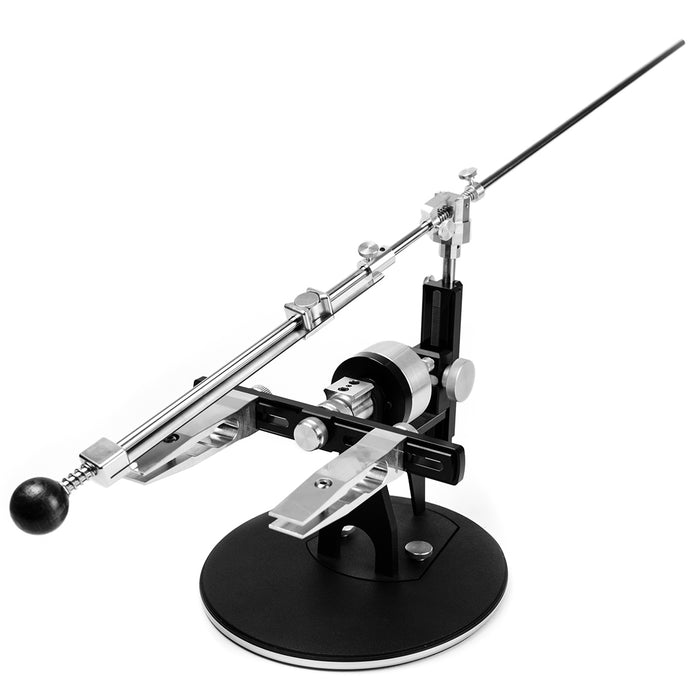
Before we examine the factors that are involved in determining how much does the professional sharpening system cost, we should understand what hides behind the concept of professional equipment and what it has to do with knife sharpening. Keep in...
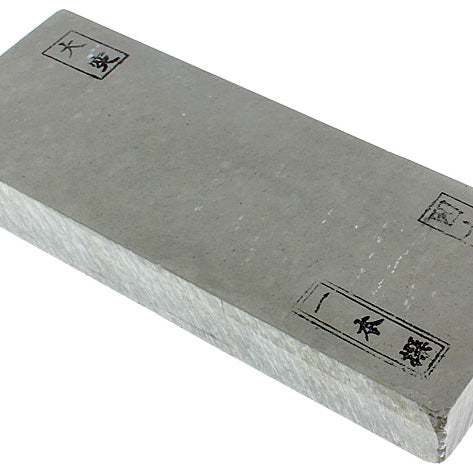
To make it clear even to a beginner what is the difference between the two fundamentally different ways, we should make a comparison from the field entirely unrelated to knives. The two fairly different ways of sharpening knives with a...

Introduction The sharpening of knives can be called an art that not everyone can master and not every device is able to do the task properly. Even minor errors that can only be viewed under a microscope can lead to...
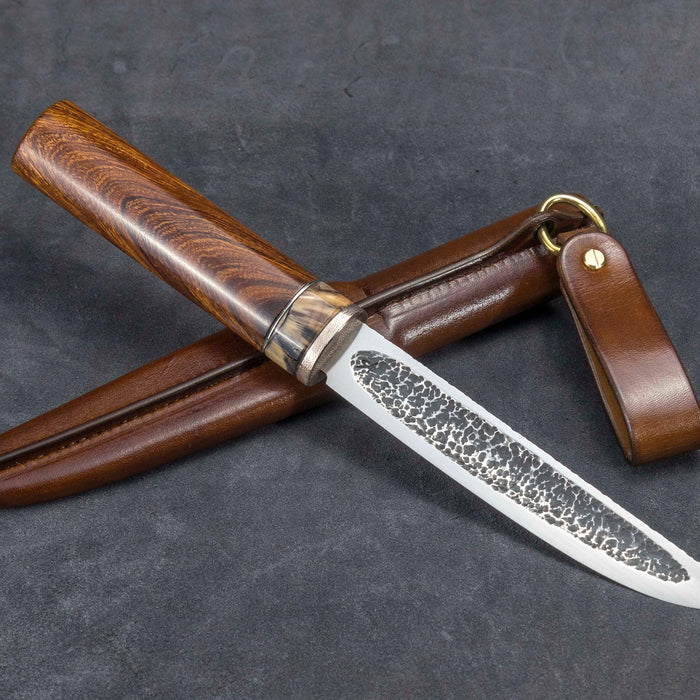
Introduction Often experienced hunters tell that they have seen less experienced hunters with knives of very different shapes and sizes. One would think that there are specific tasks in hunting and specific tools suitable for these tasks. So why do...
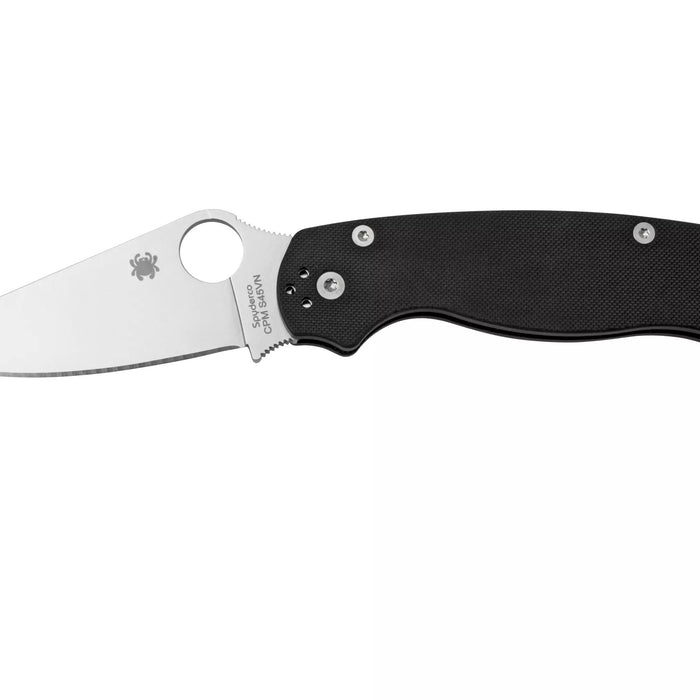
Knife Sharpener Angle Guide There are two certain rules in knife sharpening. On the one hand, the greater the angle, the higher the edge retention, but the worse the cutting performance. On the other hand, the lower the angle, the...
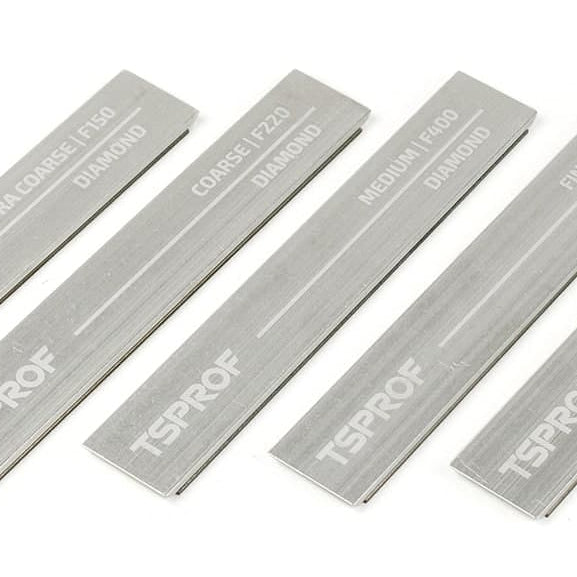
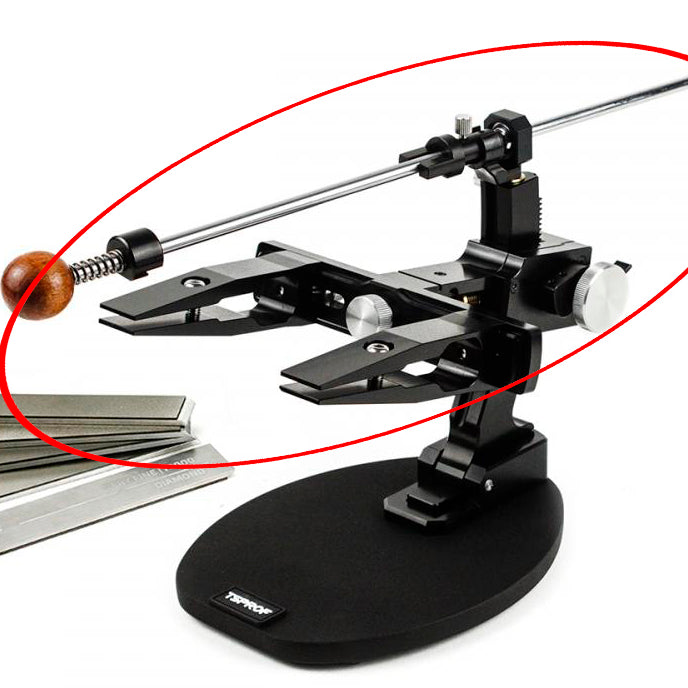
Guided knife sharpening systems Introduction Sharpening systems with a guided abrasive are common among knife lovers and collectors, who sharpen their knives themselves. However, first of all, it is worth understanding what the concept of a "guide" as a technological...

Introduction The type of bevels, along with the blade geometry and the steel used, mainly determine the characteristics of the knife itself. The choice of a knife with a certain type of bevels predetermines its characteristics of use. Different shapes...
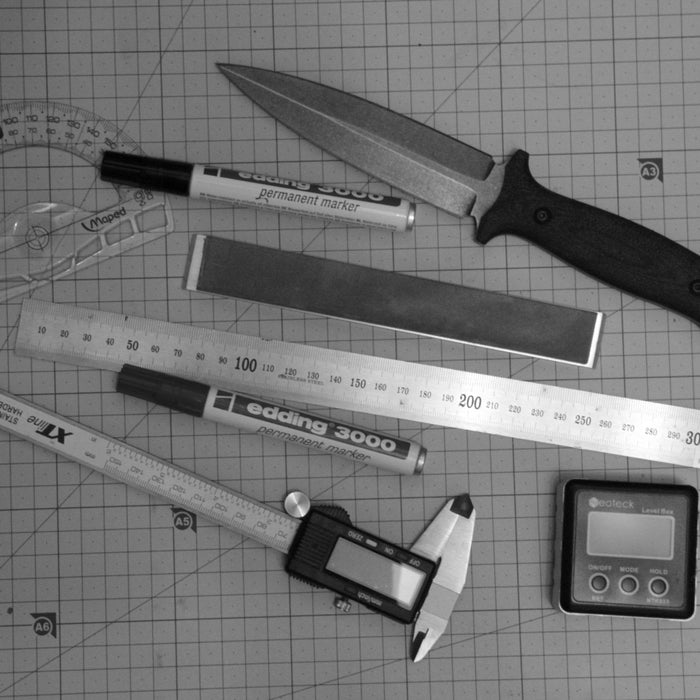
How to measure knife sharpening angle Before trying to find or measure the existing knife sharpening angle, we must remember what the concept of "sharpening angle" is. The sharpening angle is the angle that is shaped by the two sides...
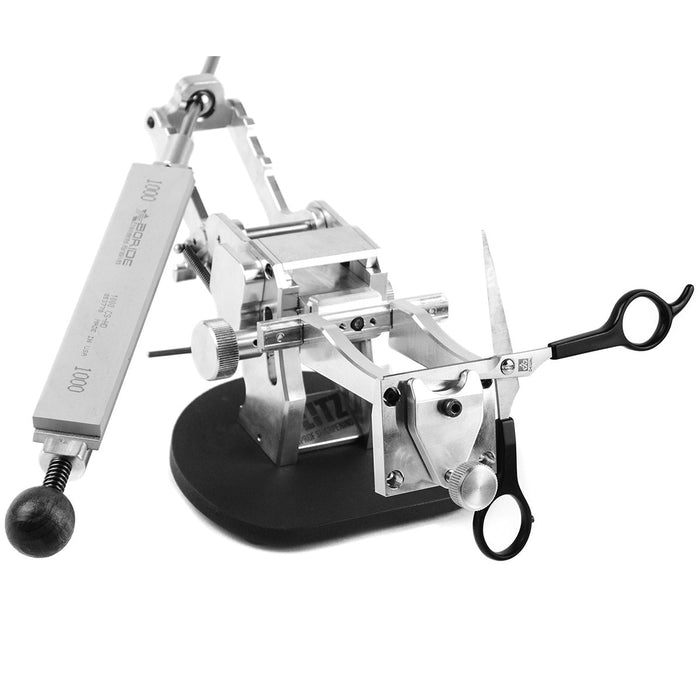
Introduction Scissors have been an essential household and professional tool for centuries, though their exact origins remain unclear. Over time, they've evolved through significant design and technological advancements, becoming highly specialized and, in many cases, high-tech instruments. While some types...
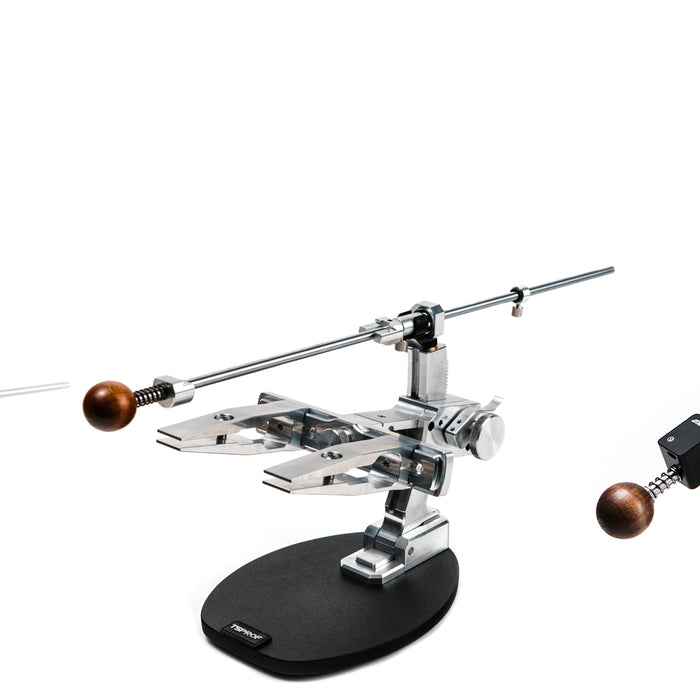
While choosing a sharpening system, many users are guided by the superstition that some devices are designed for beginners and others for professionals. The paradox is that there are no worse or better technical solutions among sharpening devices - they...
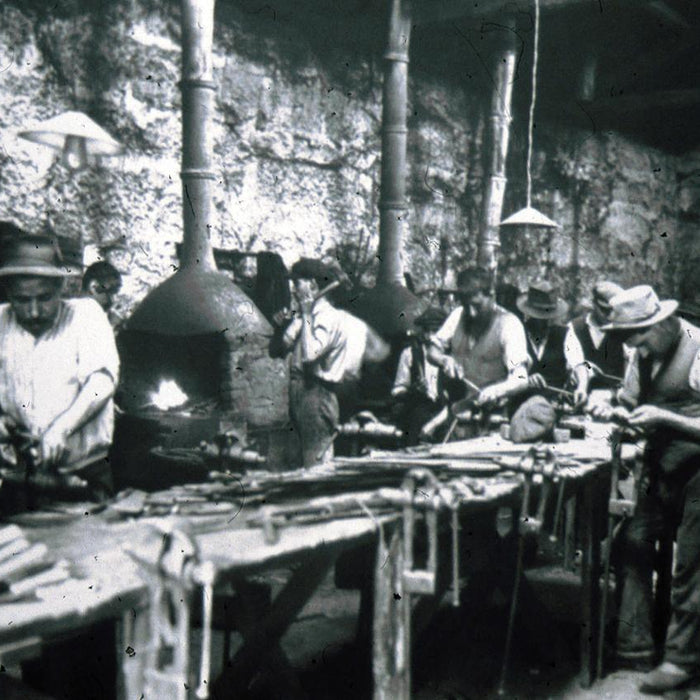
Antique Period Before we move on to the question of the use of vintage sharpening stones, we should recall what the first human tools looked like between 700,000 and 40,000 B.C. The first stone tools were quite different, but they...
{"one"=>"Select 2 or 3 items to compare", "other"=>"{{ count }} of 3 items selected"}